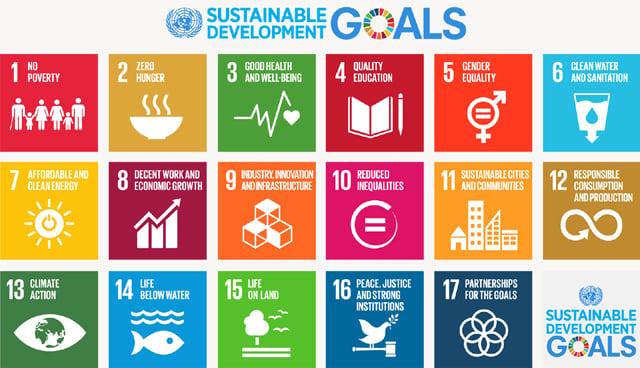UNITED NATIONS: Despite grappling with the triple crises of food, fuel, and finance, Pakistan has made progress in implementing the Sustainable Development Goals (SDGs), aimed at ending poverty, protecting the planet, and improving lives worldwide.
Speaking at the High-Level Political Forum under the auspices of the UN Economic and Social Council, Ambassador Usman Jadoon, acting permanent representative to the UN, highlighted Pakistan’s integration of the UN’s 2030 Agenda for SDGs into national development policies and plans.
“We have made progress in SDG implementation. However, like other developing countries, Pakistan faces numerous challenges in achieving the SDGs by 2030,” said Jadoon. The Pakistani envoy called for greater financing and fiscal space to help developing countries accomplish these goals.
“Our efforts to recover from the impacts of the COVID-19 pandemic were hampered by the triple crises of food, fuel, and finance,” Ambassador Jadoon explained, adding that these difficulties were compounded by the 2022 devastating floods that affected 33 million people and caused over $30 billion in damage.
“Yet,” he said, “Pakistan remains committed to accelerating our national efforts to achieve the SDGs. In line with the principle of reaching the furthest behind first, we are implementing a Special Development Scheme for the uplift of the 20 poorest districts in Pakistan.”
“We have committed to producing 60% of our energy from renewable sources by 2030.”
The ambassador stressed that the challenges developing countries face in realising the SDGs can only be addressed with the provision of necessary means of implementation. He pointed out that the current SDG Financing Gap stands at over $4 trillion, with adaptation needs estimated at $215-387 billion annually until 2030.




